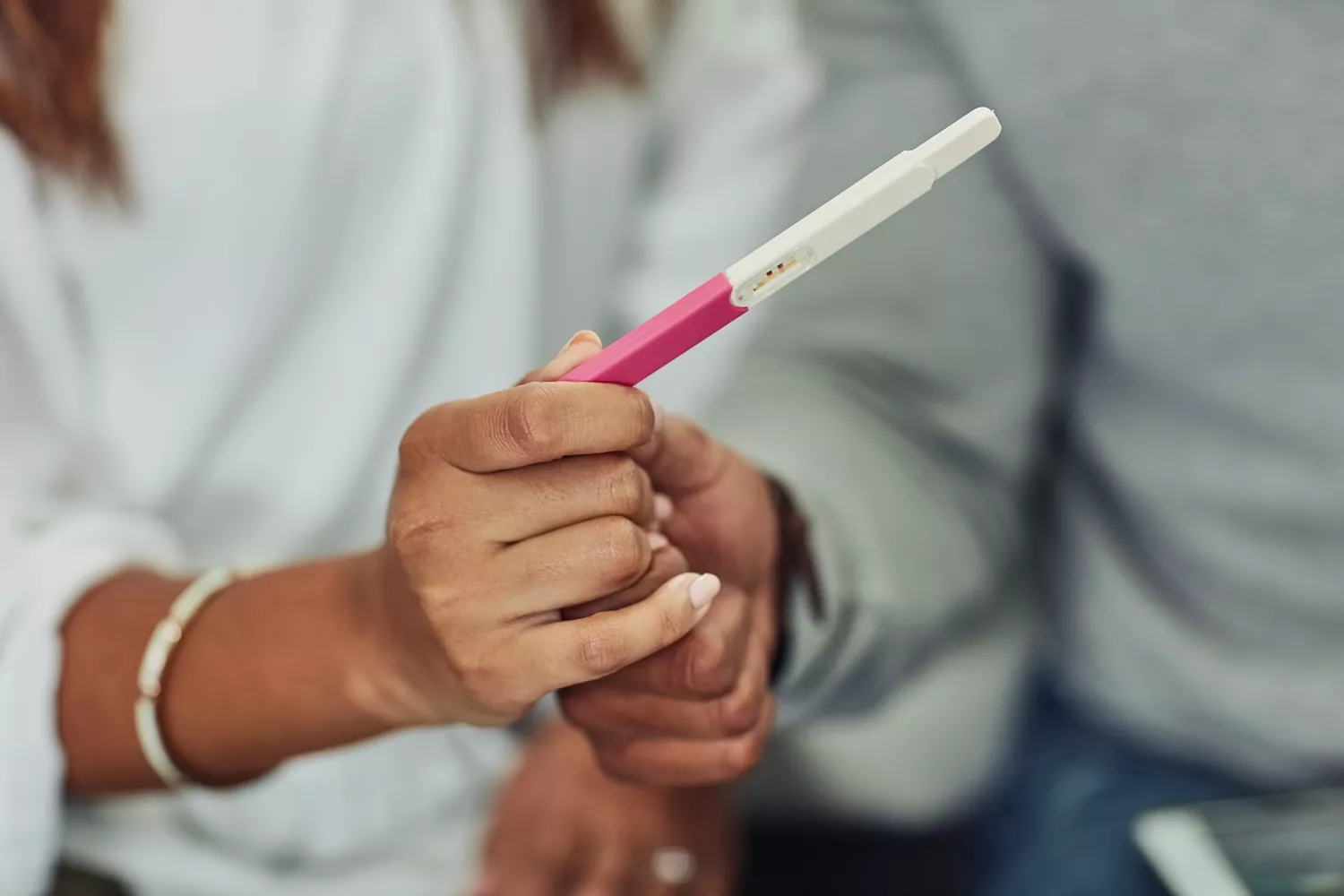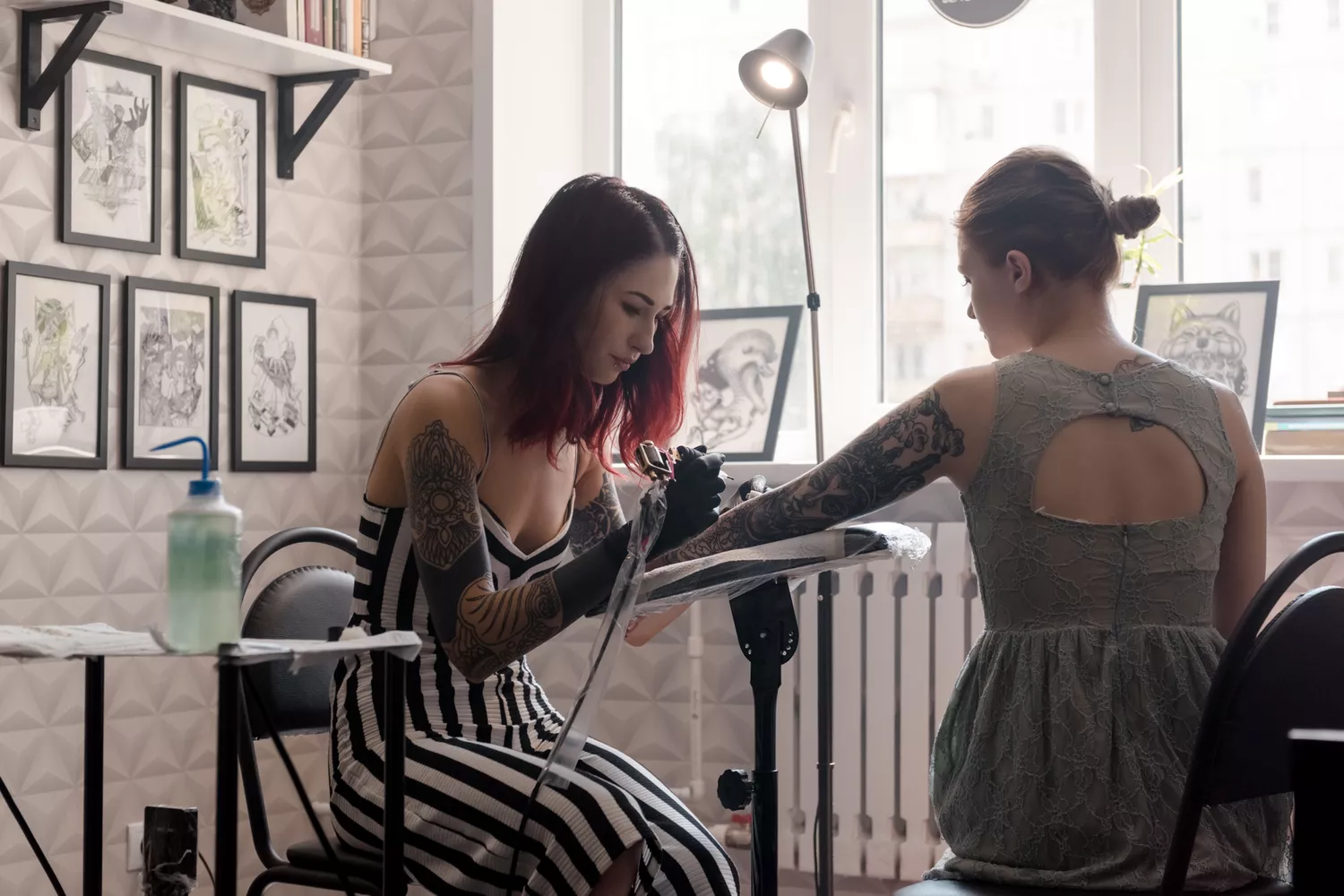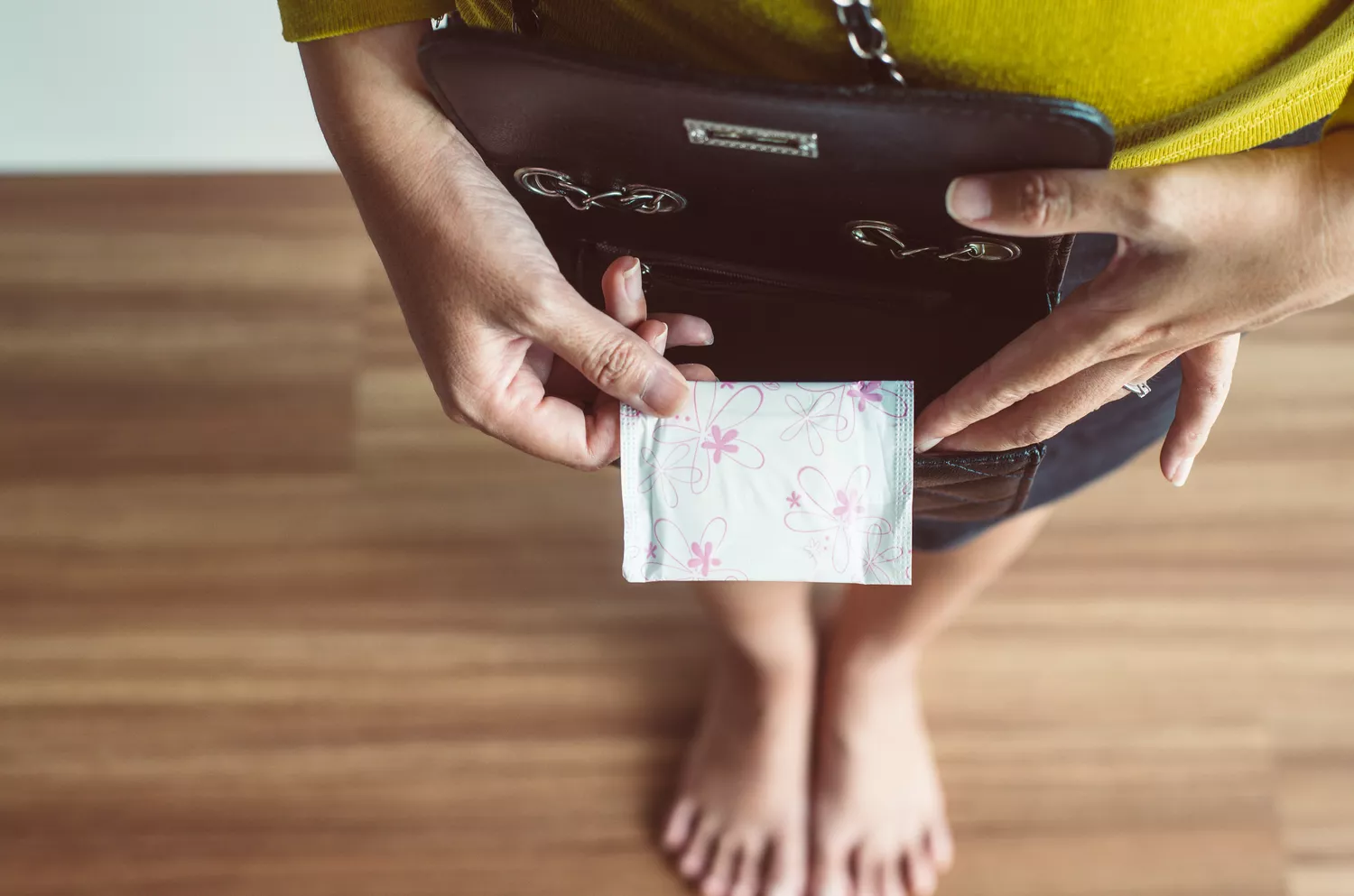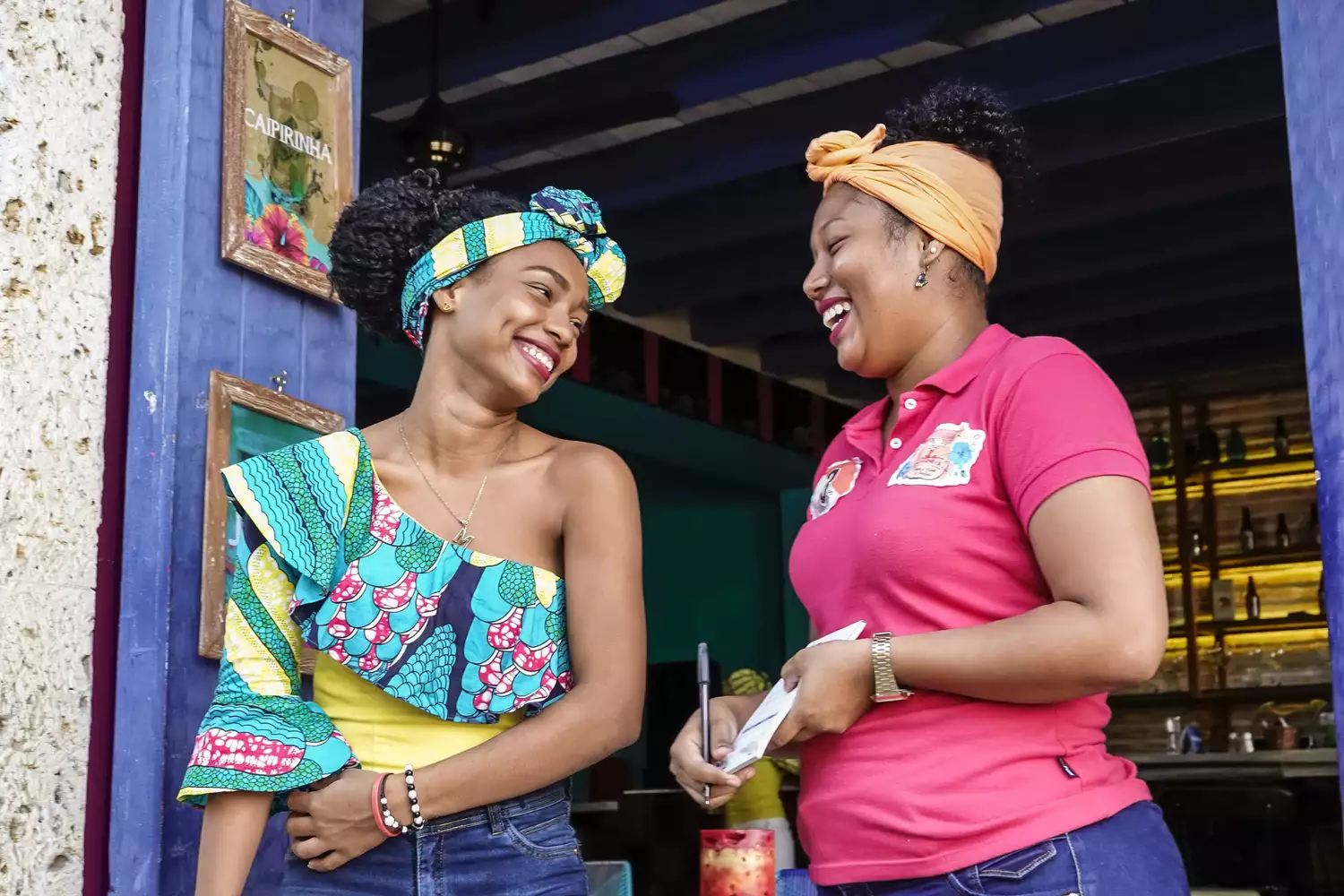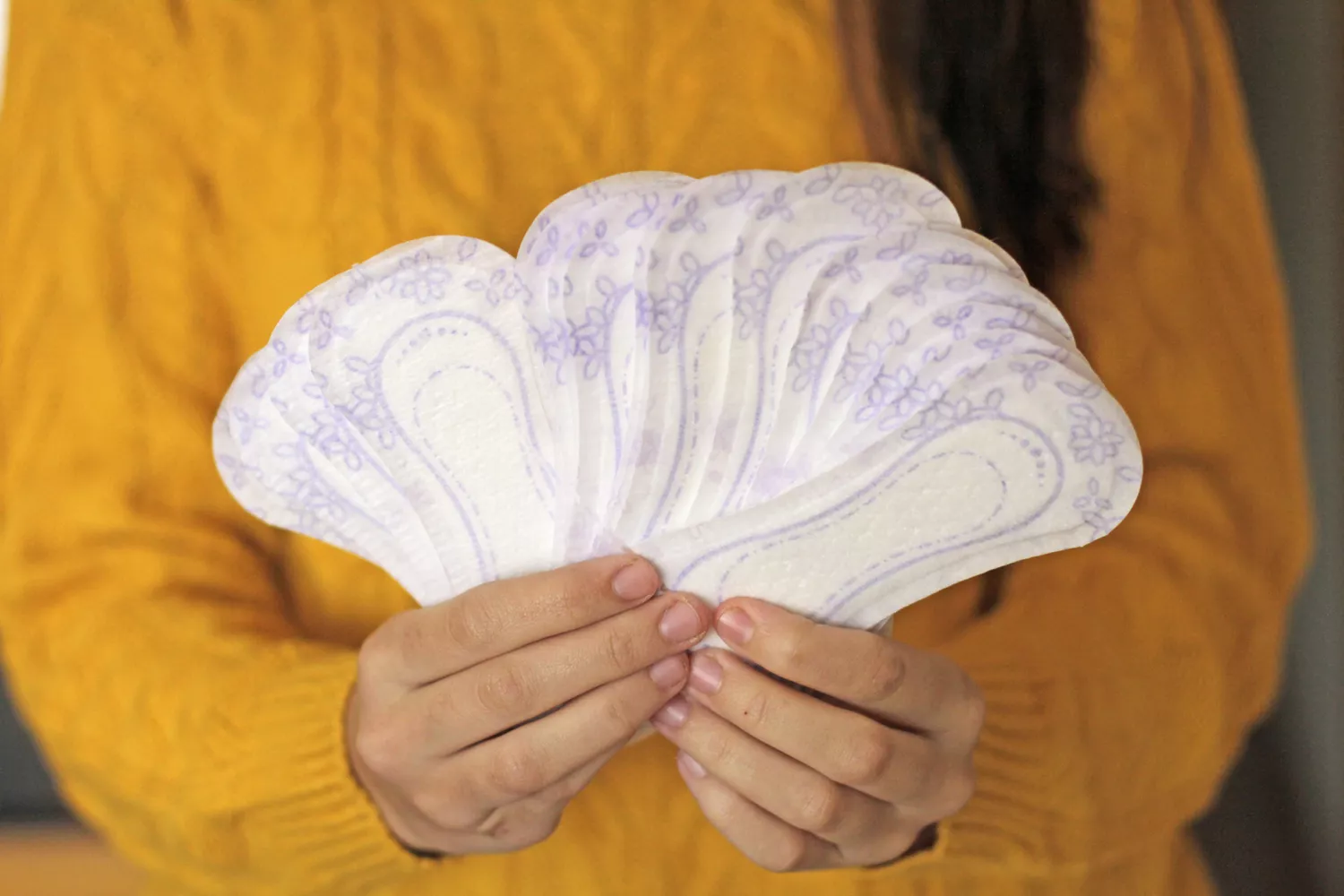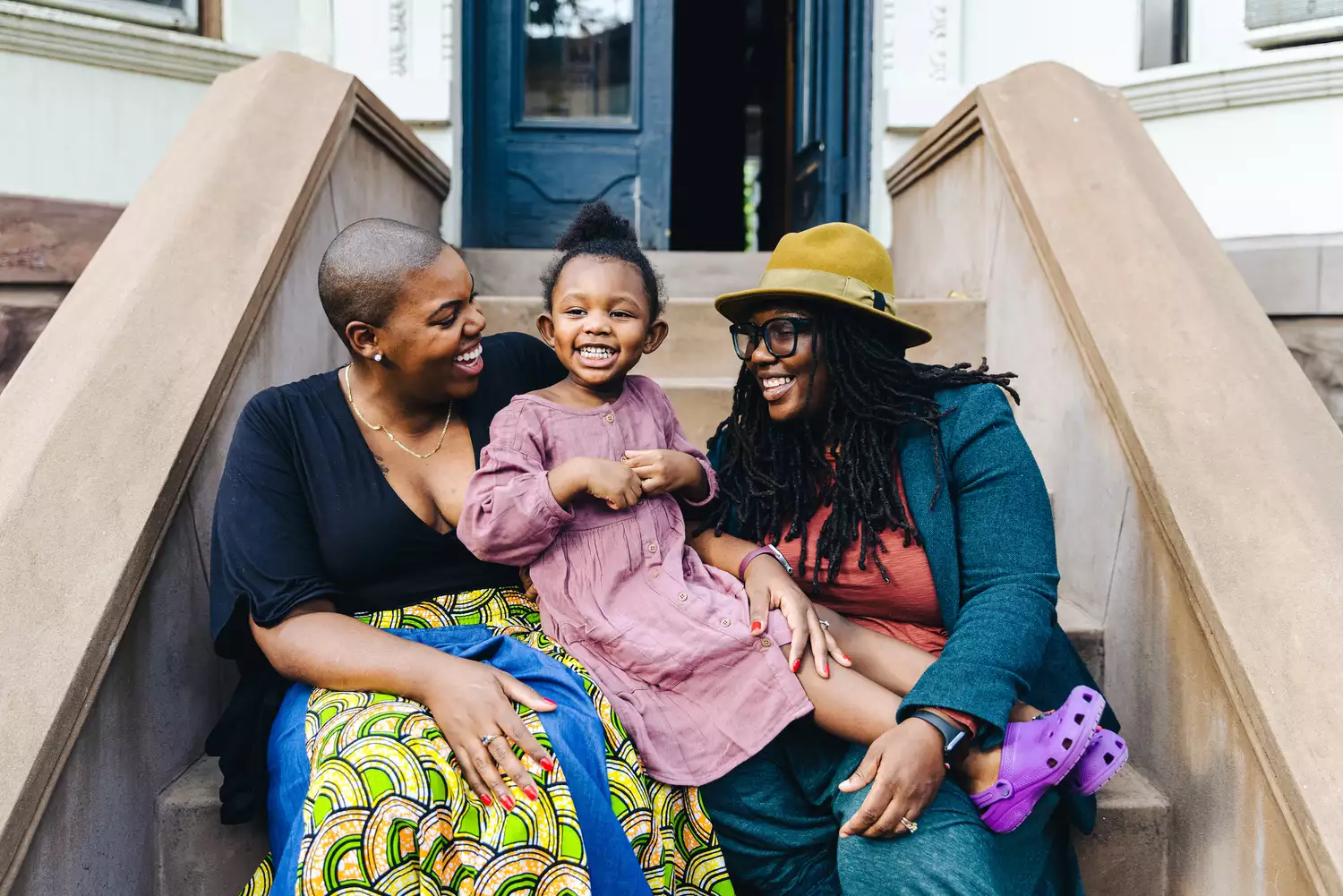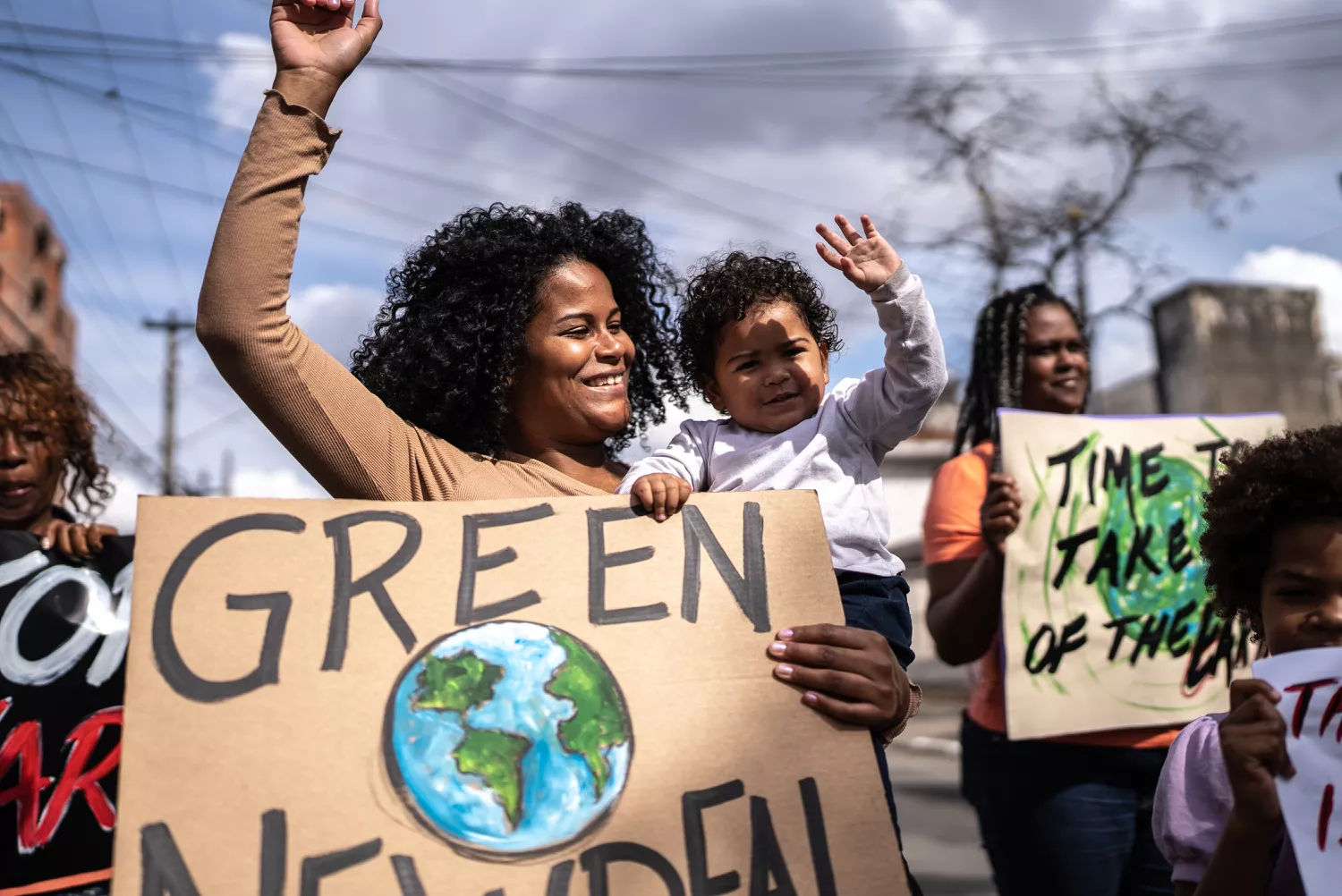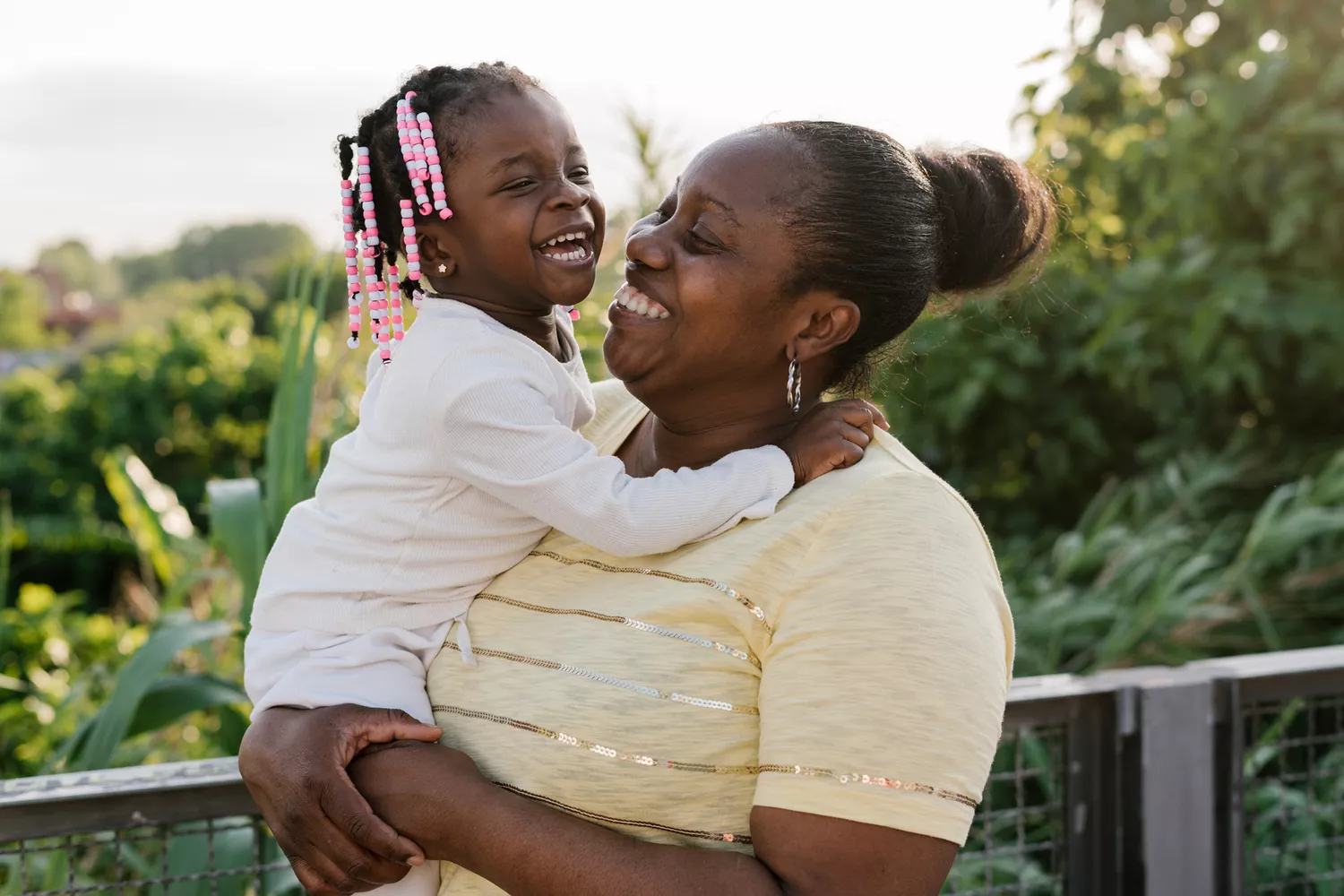Can white kids wear hairstyles like their black friends? Consider This.

Reddit users were prompted by a white mother to discuss whether it was appropriate for her blonde child to have braids just like her black best friend. She had initially told her daughter that the hairstyle could be offensive. Some commenters agreed, but others thought the girl should have the option to wear it to fit in.
Mom finally decided to let her daughter wear braids, as long as they weren’t similar to Black hairstyles or posed any cultural offense. She said that she would explain to her daughter the significance of her friend’s hairstyle in order to promote the concept of appreciation. This story may have a clever ending, but there is still much more to be said about appreciation and appropriation.
It can be difficult to navigate these types of conversations with your child, especially when they are just trying to mimic what other people do. These discussions are crucial to raising culturally responsible adults that respect others and know that even something as seemingly harmless as a haircut has deep cultural meaning.
It’s not as difficult as it may seem. Consider these points.

Cultural Appropriation Hurts
It is difficult to tell the difference between expressing appreciation and appropriating something. When non-Blacks style their hair in a similar way to the hairstyles worn by Blacks, it is called appropriation. While the concept of no one culture owning braids may be argued, styles such as cornrows and box braids as well as Bantu knots and Fulani braids all have a strong connection to Black African culture. These curl patterns are a part of Black African heritage, and they’re perfect for those who prefer a tighter style.
While beads and braided styles may seem cool and beautiful to some, Black people still advocate for an end to hair discrimination, and to have such hairstyles respect as professionals. It is painful to see non-Black people praised for similar styles, while you fight for your natural hair. You can’t make someone else’s culture into something they are proud of.
Wearing Protective Hairstyles
Understanding why Black people wear braids will help you to navigate the conversation. Braids are protective styles that cover tighter curl patterns with little moisture. Daily detangling and styling can easily damage these hair types. For the hair to be spared from damage, it should not require combing or other similar management.
Black braided hairstyles put a lot of tension on the scalp, and the looser the hair is, then, it must be pulled tighter. Black braided hairstyles put a lot of tension on the scalp, and the looser the hair, the tighter the hair must be pulled,
Individuality is Important
Children enjoy dressing like their friends. Childhood is a great time for your child to explore his or her individuality. You might choose to teach them some important lessons when they ask to have their black friends style their hair.
You could find a loophole. If the Black child’s braids were pulled into a bun, you can give your kid a bun and explain that both kids are wearing ponytails but they are different and that is OK. You could even help your child understand that they do not have to be involved in something to enjoy it.
You can explore different ways to compliment a person while still maintaining your self-confidence. When a child is young, they can learn to appreciate differences.
Learn about Others
To show that you appreciate something, it is important to educate yourself about the topic. It can be difficult to avoid exploiting others in your quest to learn. The mom who posted on Reddit was able talk to the mother of her child’s best friend to solve her braid problem. It’s great if you can find someone willing to help you out in your village.
You can do internet sleuthing or read books that feature stories about Black hair. You can use the internet to do some sleuthing, or you can read books that feature stories on Black hair. Keep in mind that these stories are meant to inspire Black children who may struggle with their hair’s self-esteem.
Honor Your Own Culture
Explaining to your child how their friend is celebrating their culture and offering to help them celebrate theirs is the easiest solution. What are the hairstyles of your culture?
You can help your child learn about their culture and pay tribute to it. The story they tell about the reason for their hairstyle will be a great way to engage with friends and open a discussion on other cultures.
La Trobe University boasts more than 100 different cultures on campus. They have a wonderful resource about respectingothers cultures, starting with your own.
You can say, “It’s just a hair,” or even make a joke, “What’s so important?” But when you take the time to really understand the issues in such a discussion, you invest in your own growth as a person and parent. In addition, you’re helping to create culturally responsible adults who are empathetic and kind. They will help later in creating a better society. Everything we are begins in childhood.


